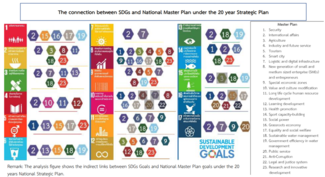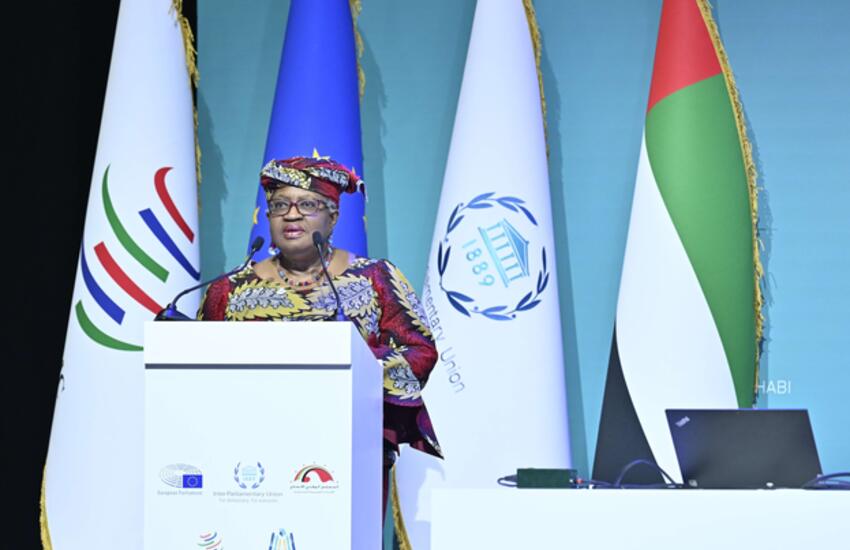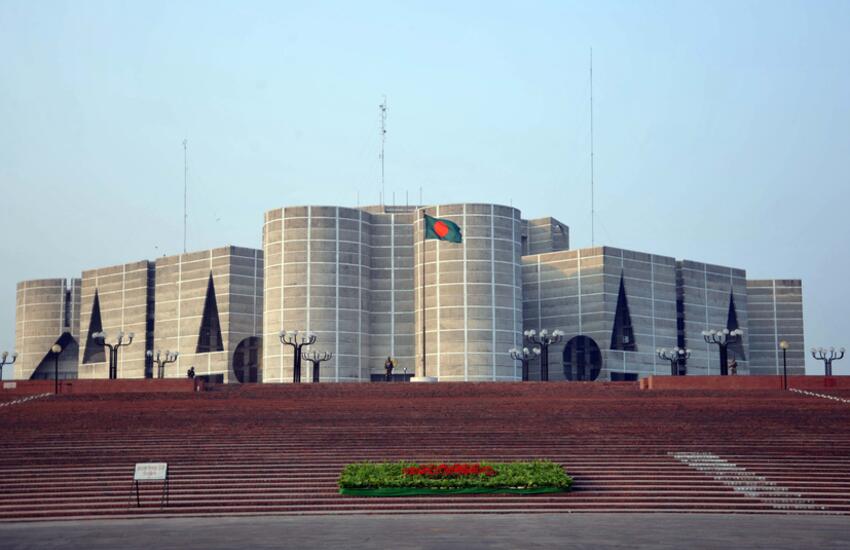After the adoption of the 2030 Agenda for Sustainable Development, the National Assembly of Thailand established the parliamentary Sub-Committee on Follow-up and Review of SDGs Implementation and International Obligations which is responsible for monitoring national compliance and progress in that area. Over the course of several years, the National Assembly consolidated an integrated approach to strengthen an SDG-enabling legal environment. It promotes mechanisms that align and scrutinize budget allocations for SDG priority areas.
SDG integration into parliament’s core functions
Both the House of Representatives and Senate established standing committees to systematically oversee national budget allocations to ensure that they meet national development priorities.
The Parliamentary Budget Office also has an important role in examining fiscal evidence and its relevance for SDGs achievement. The Office’s mandate is to provide academic and statistical support to the Budget Committee and MPs on annual budget appropriation and expenditure. All budget allocations are measured and assessed against Thailand’s 20-year National Strategic Plan (2018-2037) and the National Economic and Social Development Plan, both policy instruments that integrate SDG priority targets.
Although there is no dedicated mechanism to engage citizens in efforts aimed at SDG achievement, the National Assembly organizes regular public hearings and plenary sessions on thematic issues related to the SDGs. This is in addition to its long-standing parliamentary petition system. MPs are also encouraged to incorporate relevant SDGs in their working plans.
Universal health coverage and quality healthcare
In 2019, the National Assembly endorsed the Act on the Primary Health System with the overarching objective to improve the quality of medical and health services for all people and advance health-care inclusion for vulnerable and marginalized groups. The National Assembly also helped steadily increase budget allocations for the National Health Security Fund to finance the Universal Health Coverage System. In the past three years, the Fund has received the highest budget allocation compared to other national health bodies.
In addition, the emergency relief package aimed at mitigating the social and economic impacts of the pandemic, provided citizens with equal access and free of charge treatment through the COVID‑19 Universal Coverage for Emergency Patients Scheme.
Disaster risk reduction and climate change measures
In 2020 budget allocations were secured for the Strategic Plan on Climate Change Mitigation and Adaptation to reduce carbon emissions and mitigate the impacts of natural disasters and climate change in the long term. A new Climate Change Bill under deliberation proposes to oblige private enterprises to report their GHG emissions to the national greenhouse gas inventory and sets administrative fines for failure to do so.
To tackle the climate emergency and reaffirm its commitment to SDGs 3, 11 and 13, the Thai National Assembly is planning to hold a public hearing on the draft Clean Air Act recently submitted by the Thailand Clean Air Network. The draft bill will ensure citizens’ rights to clean air and require the State to provide an air pollution management system, including the technological infrastructure for data collection and a surveillance system on air pollution to safeguard people’s health and improve their quality of life.
Challenges and lessons learnt
The Thai National Assembly had to deal with low awareness and limited ownership of the SDGs among many parliamentarians who perceive the goals as irrelevant with little added value to their legislative or constituency work. The lack of institutional bodies or dedicated focal points to systematically integrate the SDGs into parliamentary and legislative procedures, as well as the lack of meaningful oversight and budgetary mandates are major issues. Therefore, it is necessary to mainstream the SDGs into existing parliamentary work processes and avoid isolating them into parliamentary committees’ silos with no cross-cutting mechanisms.











